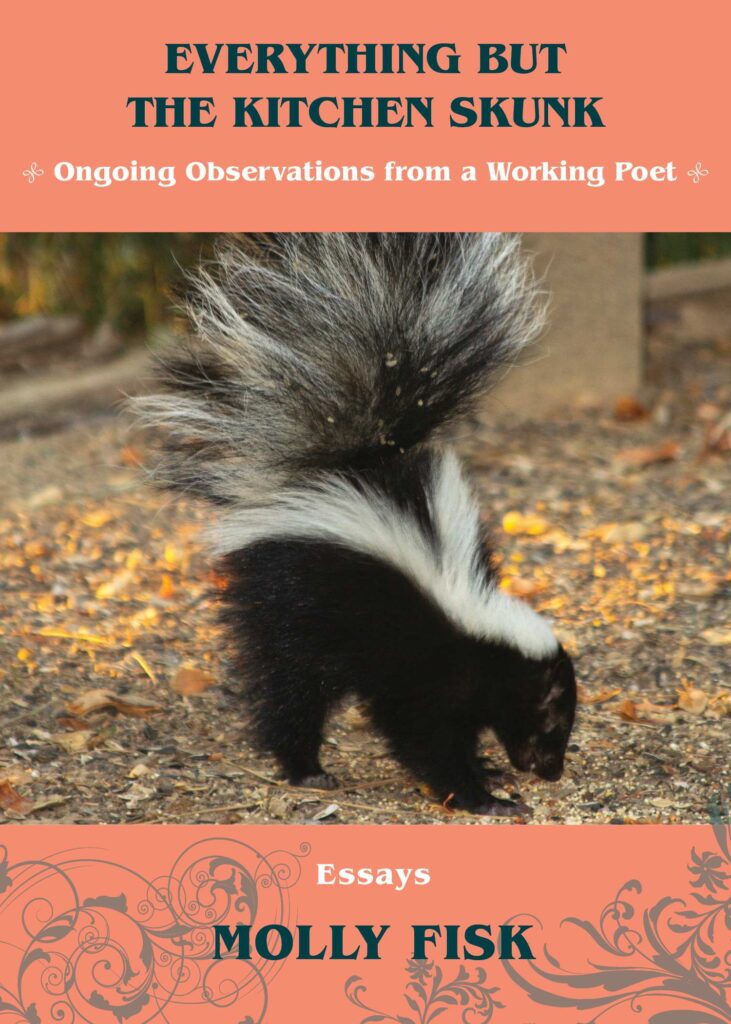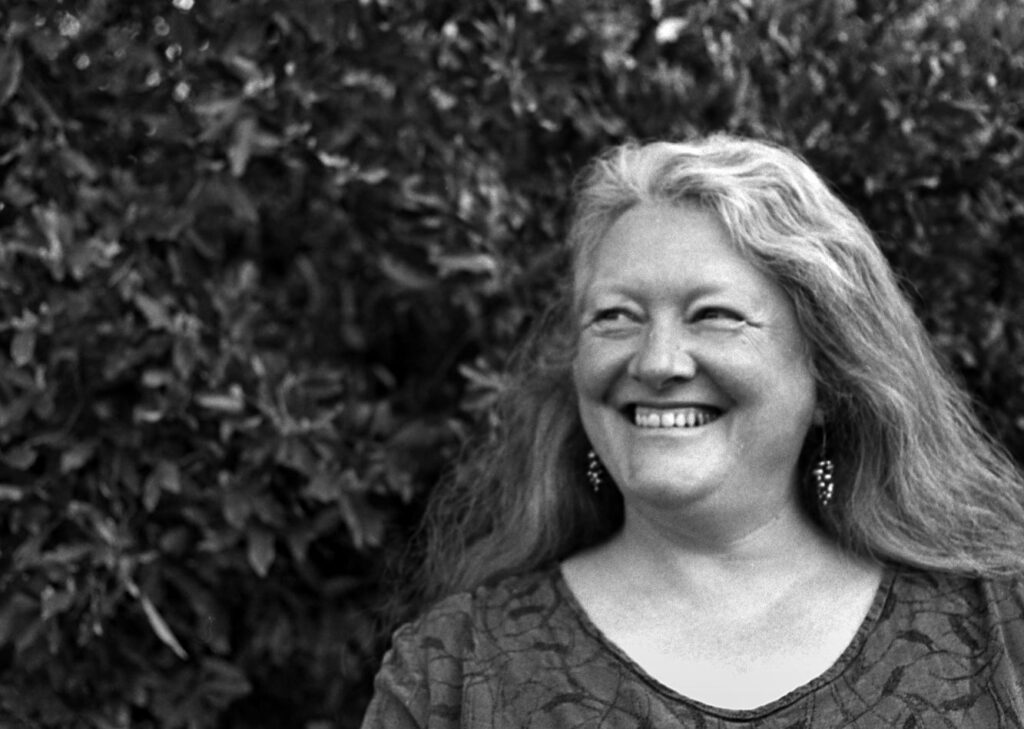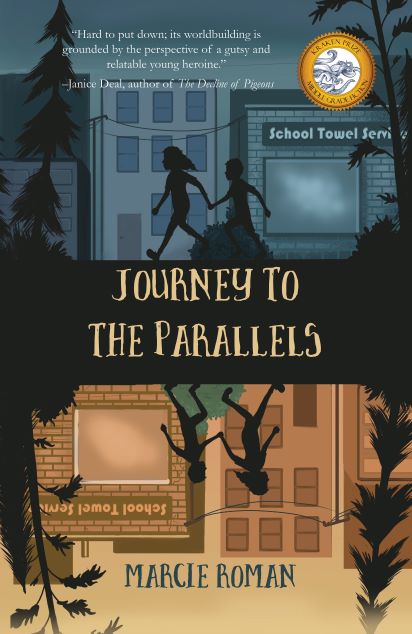Editor’s Note: This exchange is part of a series of brief interviews with emerging writers of recent or forthcoming books. If you enjoyed it, please visit other interviews in the I’ve Got Questions feature.
- What’s the title of your book? Fiction? Nonfiction? Poetry? Who is the publisher and what’s the publication date?
Everything But the Kitchen Skunk: Observations from a Working Poet is nonfiction and was published in December 2022 by Story Street Press, an imprint I manage myself. It is my fifth compilation of radio commentary, each one containing 50 brief essays that have aired on community station KVMR-FM, 89.5, Nevada City, CA. (You can listen to new ones at the close of the News Hour every Thursday night at 6:25-ish p.m. Pacific time: kvmr.org/streaming, if you’d like.)
- In a couple of sentences, what’s the book about?
So many things! My perspective as a poet on love, death, grammar, lingerie, small towns, and the natural world, including skunks, and including poetry. There’s also a bit about open-water swimming.
- What’s the book’s genre (for fiction and nonfiction) or primary style (for poetry)?
The genre is personal essay, but it’s a little unusual because the essays were originally written for the radio and therefore had to be easy to pronounce and each had a strict three-minute time limit. Plus, I couldn’t swear. I was offered this weekly radio gig 17 years ago because I was a poet and co-hosted a show about books and writers for the station. I had not written an essay before (except for college), but the short form turned out to be similar to poetry, so it was easy to learn. I never imagined that I would do it for so long.
- What’s the nicest thing anyone has said about the book so far?
“Your voice is crisp and decided yet relaxed and just close enough, somehow—and the pieces all are impeccably shaped and written.” John Updike
I have to admit to having had a famous uncle. Uncle John did not help my career in any way except to be witty at the dinner table as I was growing up, which I’m sure rubbed off without either of us knowing it. But before he died, he wrote me a letter including this quote about my first essay book, and when I asked, said it would be fine to use it as a blurb: “You might as well get some good out of me! What are uncles for?” I’m afraid it’s ridiculous, but he had never praised me before and it was such a nice thing to say that I use it on the back of every essay book still.
- What book or books is yours comparable to or a cross between? [Is your book like Moby Dick or maybe it’s more like Frankenstein meets Peter Pan?]
Someone thinks I’m the literary love child of Anne Lamott and David Sedaris. Everything But the Kitchen Skunk is a cross between The Essential Emily Dickinson and Erma Bombeck’s The Grass Is Always Greener Over the Septic Tank.
- Why this book? Why now?
We humans are having a rough time lately, rougher than usual. After the pandemic restrictions relaxed a bit and I could gather my wits again, I decided to compile another essay book (the most recent one had been in 2018), because people love them, and I think they’re a force for good in the world: for honesty and humor and cheer and light-heartedness based in reality. Everything But the Kitchen Skunk isn’t escapist reading, but it provides relief—while also acknowledging what’s going on in the world and in our lives right now. From the perspective of a rural, white, female, late-middle-aged poet.
- Other than writing this book, what’s the best job you’ve ever had?
I was a sweater designer before I became a writer and making sweaters with sea horses or pterodactyls on the front instead of reindeer was my favorite job. (I was also a waitress, a bookkeeper, a Fortune 1000 lender, and worked in a ski hotel in Norway.) I should mention that writing poems rather than essays is my real work, for which I have won fancy prizes and been the inaugural Poet Laureate of my county, and nothing compares to that, not even pterodactyls. I came to poetry by accident when I was 35, through pain, after all those other endeavors, and discovered it was my native language. You can look my poems up on Google or my website. I’m also, just to round out the story, a life and writing coach.
- What do you want readers to take away from the book?
I want readers to laugh, cry, and think. I want them to take away a feeling of having been seen, of feeling comforted, and of being glad to be human. I want them to slow down and look around more carefully because there are surprises, wonders, mysteries, and hilariousness everywhere.
- What food and/or music do you associate with the book?
Great question. Food would have to be coffee, since I write so much in my favorite coffee shop (12 oz. latte with whole cow’s milk, which we have to specify, living in California). Music I think would be bird song: the gurgling sound of Sand Hill cranes calling when they migrate above my house twice a year between Saskatchewan and California’s Central Valley.
- What book(s) are you reading currently?
Thinking, Fast and Slow, by Daniel Kahneman (nonfiction)
Frank: Sonnets, by Diane Seuss (poems, and I know I’m late on this one!)
Undress, She Said, by Doug Anderson (poems)
Balladz, by Sharon Olds (poems)
The Hearts of Horses, by Molly Gloss (fiction, and for the third time)
Learn more about Molly on her website.
Follow her on Facebook, Twitter, and Patreon.
Buy the book from the author, Amazon, Powells, or Bookshop.org.



